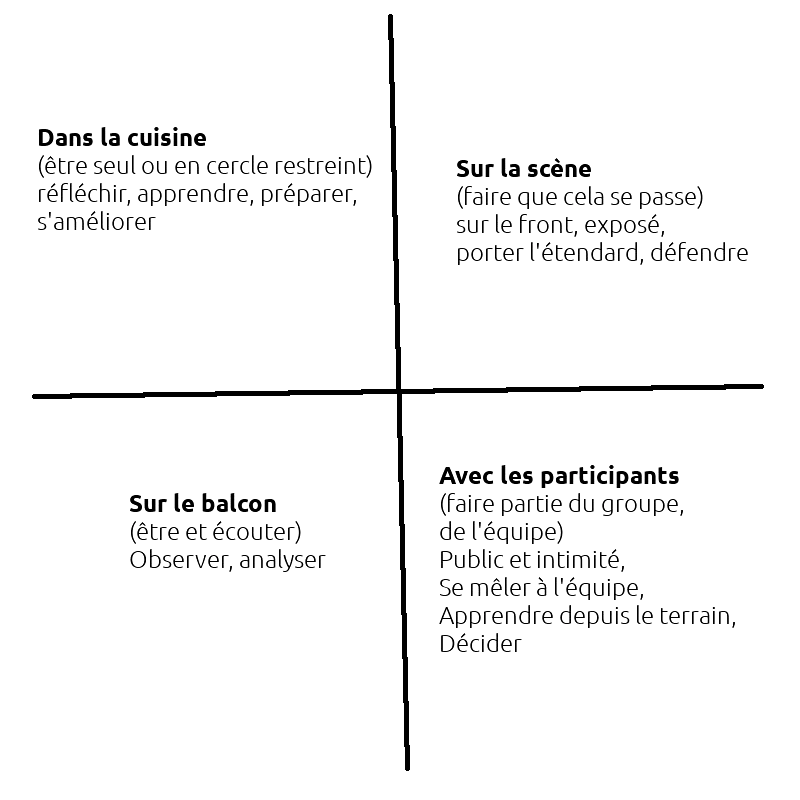The story is simple, but it repeats itself too often.
Pierre is a good organizer, a good leader, a good expert, he leads the group with which he works. He becomes in a way their “manager”, their “leader”. Then the implicit becomes explicit: he officially becomes a “manager”. His analytical and organizational abilities, his know-how, his involvement, his work capacity make him a good manager, especially since he is very friendly and human. In the middle of his team, he excels. Success follows and Pierre climbs the ladder. Until he reaches the head of the department, of the organization. And there it’s failure, incomprehensible. Yet Pierre hasn’t changed.
Pierre has just hit the main Peter syndrome of management.
Pierre is still that friendly and human man, full of qualities. But he has become his own worst enemy.
At the head of the department, there are too many decisions for his analytical abilities to suffice. Yet Pierre has always succeeded with his organizational qualities to organize this. He won’t give up on this, he will want to always decide everything, in any case too much. Too many decisions, his failure is accentuated by the isolation linked to the position. His know-how becomes a burden, because he feels capable of better understanding, better knowing, he thinks it’s his duty to absorb the subject, to get involved, and no one dares to brush him off. He knows how to organize. But still, he wants to organize everything, isn’t that what he’s been asked to do from the beginning?
It’s a difficult moment. Either Pierre shouldn’t accept this job. Or he will have to understand that it requires a posture that balances very differently. No longer doing, no longer controlling, delegating, no longer deciding (day to day), but giving direction, inspiring, reminding the framework, and communicating, communicating, communicating, sharing, sharing, communicating, sharing, inspiring, embodying, communicating, sharing, inspiring, framing, delegating. Nothing to do with what he’s been asked to do since the beginning of his journey.
Managers are not sufficiently sensitized to this break.
I see plenty of admirable people not making it through.
A first step to analyze yourself as a “manager” could be to use the four places of host leadership. First make a list of the activities you practice as a manager. If you only answer: “I manage” it’s because frankly you’re not asking yourself enough questions. At minimum review your last week and list your activities. Then, position them in this diagram. So a) you list your “manager” activities b) you place them in this quadrant c) you observe density and balance.

Often there is an imbalance, a deficit, between on one side “the balcony” and “the kitchen”, which managers appreciate and which are generally quite full of activities. On the contrary “on the stage” or “with the participants” are too often left hollow, lack density. Managers too easily forget to carry, to embody, to communicate, to share, to delegate. It’s normal, it’s what requires the most energy and risk-taking.
Too bad for them, but especially unfortunate for us. Often the difference is there.